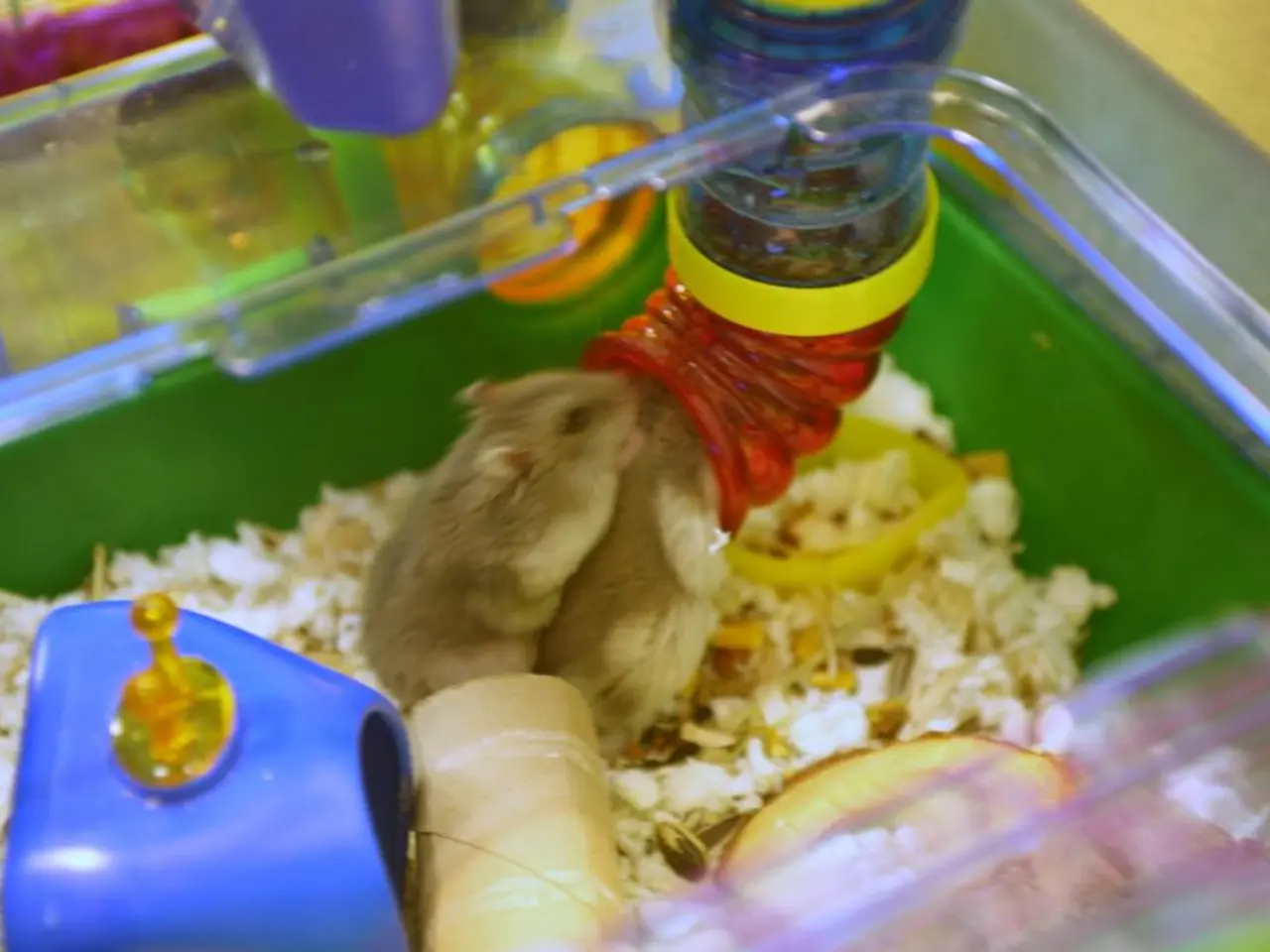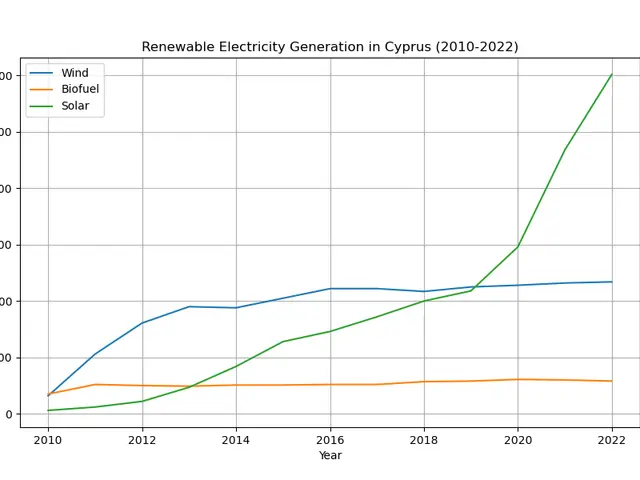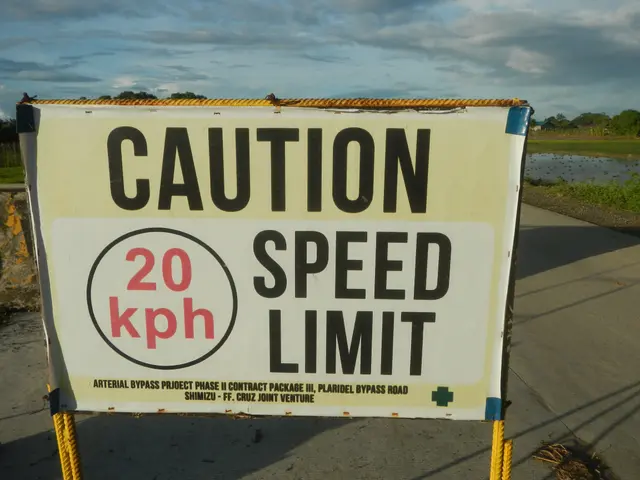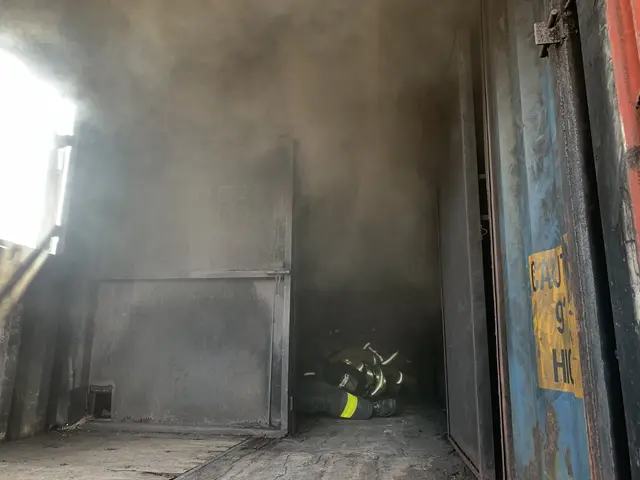Worldwide Localities Discover Plastic Grains in Their Surrounding Water Bodies
In a global initiative, citizen scientists from over 200 sites across 14 countries participated in the International Plastic Pellet Count. The campaign, aimed at raising awareness about plastic pollution, particularly pre-production plastic in the form of pellets, flakes, and powders, saw nearly 50,000 plastic pellets counted.
One such participant was Julie Silverman, Lake Champlain Lakekeeper, who discovered plastic pellets on Plattsburgh City Beach in New York. Silverman's discovery came after hearing about a lawsuit against a Pennsylvania plastics manufacturer over its contamination of the Ohio River watershed with plastics.
The effort in New York saw Diane Silverman (no relation to Julie) and another volunteer collecting around 288 plastic pellets in a 10-minute increment at a beach. In Michigan, around 20 volunteers led by Hannah Tizedes found approximately 3,000 plastic pellets along the banks of the Clinton River.
However, efforts to address this type of pollution at the federal level have stalled, with bills introduced by Mike Levin (D-Calif.), Mary Peltola (D-Alaska), and Richard Durbin (D-Ill.) in the form of the Plastic Pellet Free Waters Act yet to be passed. The act aims to require the administrator of the Environmental Protection Agency to address the issue of pre-production plastic pellet pollution.
In other parts of the world, incidents of plastic pellet pollution have made headlines. In March, a boat collision in the North Sea released thousands of plastic pellets into the water, some of which ended up on shores in England. Months after a train derailment in upstate New York in early 2024, pellets were still being recovered from the Hoosic River.
Plastic pellets, known to harm wildlife, including fish, and difficult to remove from the environment due to their small size, have garnered little public awareness. Hannah Tizedes, a community manager for the 5 Gyres Institute, found that most of her volunteers had never heard of this type of plastic pollution.
California is the only state that has passed a law detailing the need to control discharges of pre-production plastics. Diane Wilson, a Texas fisherwoman, won a lawsuit against Formosa Plastics Corp. in 2019 and was awarded a $50 million trust fund for research and environmental education.
The plastic pellets from the list of frequently registered sites in the International Plastic Pellet Counting Program in Germany belong to environmental monitoring and pollution tracking initiatives. Volunteers found plastic pellets in 68% of counts, sometimes using sieves and often just their fingers.
As the world grapples with the issue of plastic pollution, the International Plastic Pellet Count serves as a reminder of the hidden crisis lurking in our waterways and the need for continued efforts to address this issue.
Read also:
- Amidst India's escalating climate crisis, transgender individuals continue to persevere
- Germany's three-month tenure under Merz's administration feels significantly extended
- Governing body allegedly persists in enjoying vacation time amidst Spain's highest danger level due to fires, claims Feijóo
- United Nations Human Rights Evaluation, Session 45: United Kingdom's Statement Regarding Mauritius' Human Rights Record








